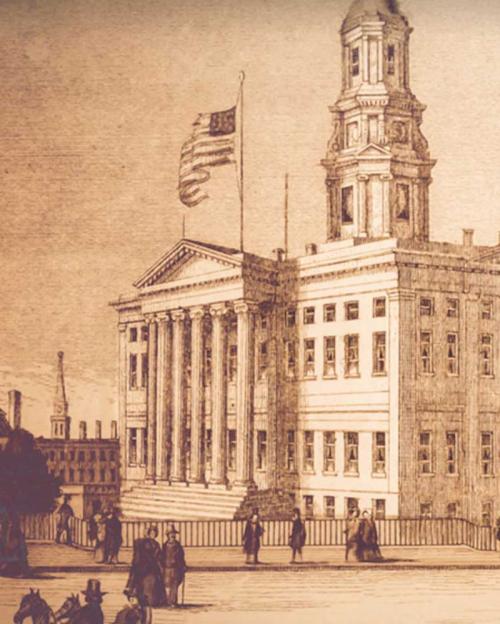What comes to mind when you think of Brooklyn? The bridge? Hipster culture? Perhaps a certain Major League Baseball team that decamped to L.A.—and the sore feelings that persist, more than six decades later?
How about straight-laced Protestants, a half-dozen or so generations off the Mayflower?
The latter—as surprising as it may seem—are at the center of a new cultural history by a pair of prominent faculty.
Published by Cornell University Press’s Three Hills imprint, The Rise and Fall of Protestant Brooklyn traces how an influx of New Englanders made an indelible mark on the borough—and how the arrival of Catholic and Jewish immigrants from Italy, Germany, and elsewhere challenged that hegemony to form the vibrant, diverse community we know today.
The book is the latest collaboration by Glenn Altschuler, PhD ’76, the Thomas and Dorothy Litwin Professor of American Studies, and Stuart Blumin, a professor emeritus of American History and former director of the Cornell in Washington program.
The two previously produced The GI Bill: The New Deal for Veterans and Rude Republic: Americans and Their Politics in the Nineteenth Century.
Cornellians invited Altschuler and Blumin to chat about their new book; read the interview in Cornellians.




